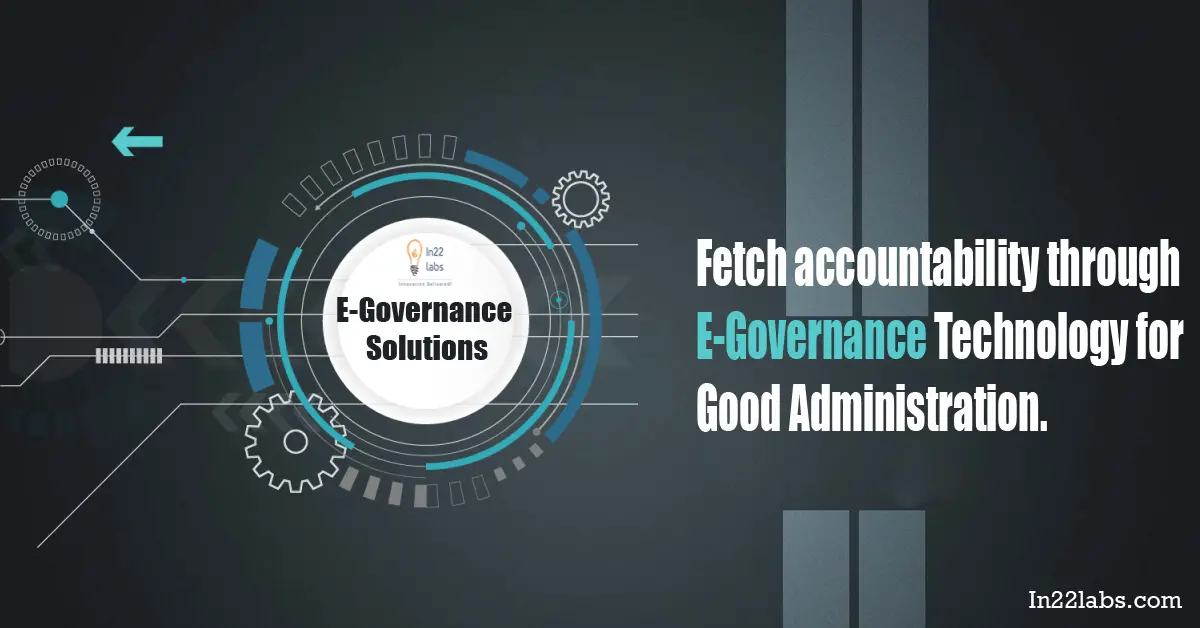In an expedited world, various organizations are incorporating multiple cloud choices for different workloads. As a result, hybrid cloud has become a remarkably popular choice since it has better business growth, especially on-premise and public cloud. Gartner, a research firm, predicts that 75% of organizations will have extended a cloud technology by implementing a multi-cloud or hybrid cloud model by the end of this year.
A hybrid cloud model has a unique set of difficulties for businesses, which can cause service disruptions and consist of multiple and sometimes disconnected IT infrastructure.
Other challenges include cloud-related costs consume a lot, and many departments expanding or acquiring their cloud-related assets or software on the cloud. Hence, businesses need a good and effective governance framework that guarantees standardization. Furthermore, Cloud Governance can implement on multiple cloud providers and onsite platforms. In addition, it is important for securing reliable access to on-demand services besides ensuring scalability and elasticity.
Forrester Research says that Cloud Governance has various benefits like providing strategic direction, tracking performance, allocating sources, and making adjustments to ensure that organizational objectives are met without any barriers.
The Cloud Government Framework or Model has a monitoring process about method complaints, Budget Management and security. But, organizations can face challenges in budget plans, assent failures, increased security risks without this framework.
Merits of Cloud Governance Framework:
The primary benefits of Cloud Governance are,
Visibility Improvements: The Cloud Governance Framework is greatly needed in monitoring and controlling the costs. So that Businesses people can track and analyze in different departments.
Reduced costs: A cloud governance model reduces costs at a central system level across different teams. In addition, organizations can track this data flow to examine and monitor costs that help reduce spending granular usage data to compare actual performance.
Improved security: A cloud governance model can help companies establish how access is given to different objects based on the work profile. This framework also highlights and identifies vulnerabilities and takes proactive policy-related actions to reduce the risk.
Optimizing infrastructure: This model helps the program arrive at accurate capacity preparation and recognizing opportunities to enhance efficiency and decrease spending. It can analyze usage data to analyze real performance and quickly know assets that terminate for higher efficiency.
Cloud Governance benefits you by providing a complete picture of the user across the entire multi-cloud infrastructure. As a result, you can define consonant way systems based on tasks and projects. Also, support AI and machine learning to make quicker, more informed access decisions, identify possible risks, and easily implement access policies from a single, natural dashboard.






